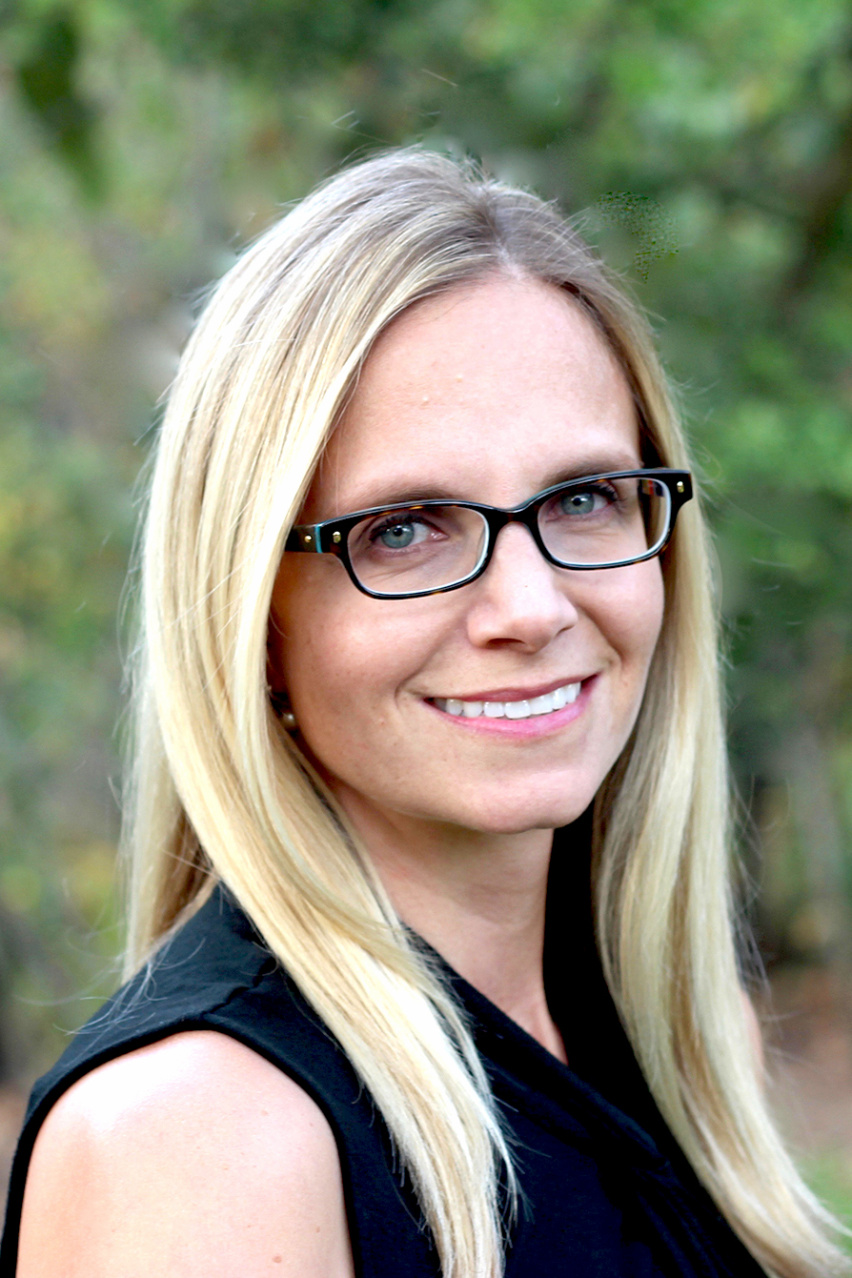Every fall, the Koch Institute community comes together to honor the memory of Judith Ann Lippard through an invited keynote lecture by a prominent researcher working at the interface of laboratory research and clinical care. The Judith Ann Lippard Lecture brings together the most innovative minds in cancer research from a variety of disciplines—biology, chemistry, engineering, clinical medicine—and features individuals whose research has the possibility to change the face of women's cancers. The Lippard Lecture also unites two extraordinary cancer centers—MIT’s Koch Institute and the Massachusetts General Hospital Cancer Center. In addition to the formal lecture at MIT, the honoree delivers Grand Rounds at MGH, and spends time with trainees, researchers, and physician-scientists at both institutions, thus inspiring the best and brightest young minds to advance cancer therapies.

Judy Lippard
History
The Judith Ann Lippard Memorial Lecture was established in 2014 in memory of Judy Lippard, the wife of Stephen J. Lippard, the Arthur Amos Noyes Professor Emeritus of Chemistry at MIT. Judy died of endometrial cancer on September 9, 2013. Steve, Josh, and Alex Lippard, together with countless friends, students, colleagues, and family members created the lecture to honor Judy’s memory and celebrate her remarkable love of life.
The creation of the Judith Ann Lippard Lecture was inspired by a similar lecture, created in 1974 in memory of Judy’s and Steve’s eldest son, Andrew, who died from a neurological disorder at age 7. Over time, the Andrew Mark Lippard Lecture at Columbia University has become one of the preeminent neurology lectures in the world.

The 2023 Lippard Lecture
Christina Curtis, PhD, MSc, has been selected as the recipient of the 2023 Judith Ann Lippard Memorial Lectureship. Dr. Curtis is Professor of Medicine, Genetics & Biomedical Data Science at Stanford University School of Medicine, where she is a Director of the Artificial Intelligence and Cancer Genomics and Director of Breast Cancer Translational Research. She will present her lecture, "Forecasting and exploiting tumor-host interactions," to the MIT and Koch Institute communities in the Luria Auditorium (76-156) on Friday, October 27.
Dr. Curtis leverages computational modeling, high-throughput molecular profiling and experimentation to develop new ways to prevent, diagnose and treat cancer. Her research has redefined the molecular map of breast cancer and led to new paradigms in understanding how human tumors evolve and metastasize.
Olufunmilayo I. Olopade, MD, FACP
University of Chicago Medicine, Section of Hematology/Oncology
“Heterogeneity of Breast Cancer Genomes”
November 18, 2022
Diego H. Castrillon, MD, PhD
University of Texas Southwestern Medical Center, Department of Pathology
Endometrial cancer: genetic models and translational studies
November 19, 2021
Ronny Drapkin, MD, PhD
University of Pennsylvania
Defining the Trajectories of Ovarian Cancer from Early Tubal Precursors
November 22, 2019
Joan Brugge, PhD
Harvard Medical School
Heterogeneity and Transient Commensalism in Clonal Populations of Cancer Cells
November 30, 2018
Laura J. van 't Veer, PhD
UCSF Helen Diller Family Comprehensive Cancer Center
Genetic Heterogeneity Guides Personalized Screening and Adaptive Treatment
October 27, 2017
Alan Ashworth, Ph.D., F.R.S.
UCSF Helen Diller Family Comprehensive Cancer Center
Synthetic Lethal Approaches to Cancer Therapy
November 4, 2016
Lewis C. Cantley, PhD
Weill Cornell Medical College/New York-Presbyterian Hospital
PI 3 Kinase & Cancer Metabolism
October 23, 2015
Supporting the Lippard Lectures
To join the Lippard family in celebrating Judy's life and legacy, please contact Karen Sveda, Managing Director of Development, at ksveda@mit.edu or (617) 324-7399, or give online.